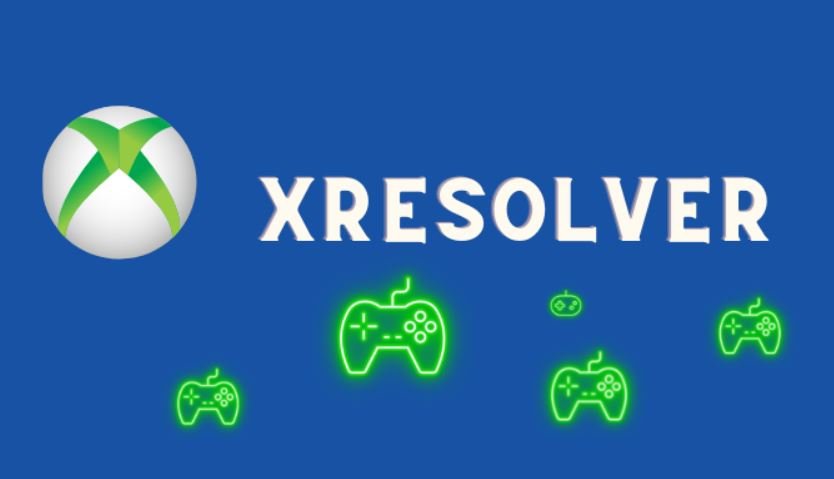Introduction to Xresolver
In the realm of online gaming, the security of players’ data is paramount, yet continually under threat by various tools and services. One such controversial tool is Xresolver, a database that lists IP addresses and associated usernames primarily from Xbox and PlayStation players. This article delves into what Xresolver is, its implications for privacy and security, and how it affects the gaming community.
Understanding Xresolver
Xresolver collects and stores information that links gamer tags and IP addresses. Initially intended for network troubleshooting, it operates by scraping data that players themselves inadvertently share across gaming networks or through the use of third-party software designed to enhance gaming experiences. The core functionality of Xresolver involves resolving the IP addresses linked to specific gamer tags, potentially exposing online gamers to network-based attacks.
Legal and Ethical Concerns
The legality of Xresolver treads a fine line between public data aggregation and potential invasion of privacy. In many jurisdictions, scraping and publishing IP addresses without consent falls into a legal gray area, potentially violating privacy laws. Ethically, the service raises significant concerns as it facilitates swatting and DDoS attacks, which can have serious real-world consequences for affected gamers.
Impact on Gamers
The primary concern with Xresolver is its role in enabling malicious activities. Gamers whose IP addresses are listed can become targets of network attacks that disrupt their online activity or, worse, result in offline harassment. Such exposure harms individuals and undermines the trust in and security of online gaming platforms, potentially deterring new or existing players from engaging with these platforms.
Security Measures for Protection
To counteract the risks associated with Xresolver, gamers and platforms alike can take proactive steps. Individuals are advised to use VPNs to mask their IP addresses, enhance their network security settings, and avoid unnecessarily sharing personal information online. Meanwhile, gaming platforms must implement more robust measures to protect user data, such as encrypted communications and rigorous data privacy protocols.
Conclusion and Forward Outlook
As online gaming grows, securing gamers’ data becomes increasingly paramount. While services like Xresolver highlight the vulnerabilities within these virtual playgrounds, they also prompt a more robust dialogue and action toward enhancing security measures. It is crucial for all stakeholders—gamers, platform providers, and policymakers—to collaborate in fortifying the defenses against such vulnerabilities, ensuring a safer gaming environment for everyone.
By understanding and addressing the issues associated with services like Xresolver, the gaming community can work towards a future where online security and privacy are given the priority they deserve.
Also Read Interesting articles at Newzflix















